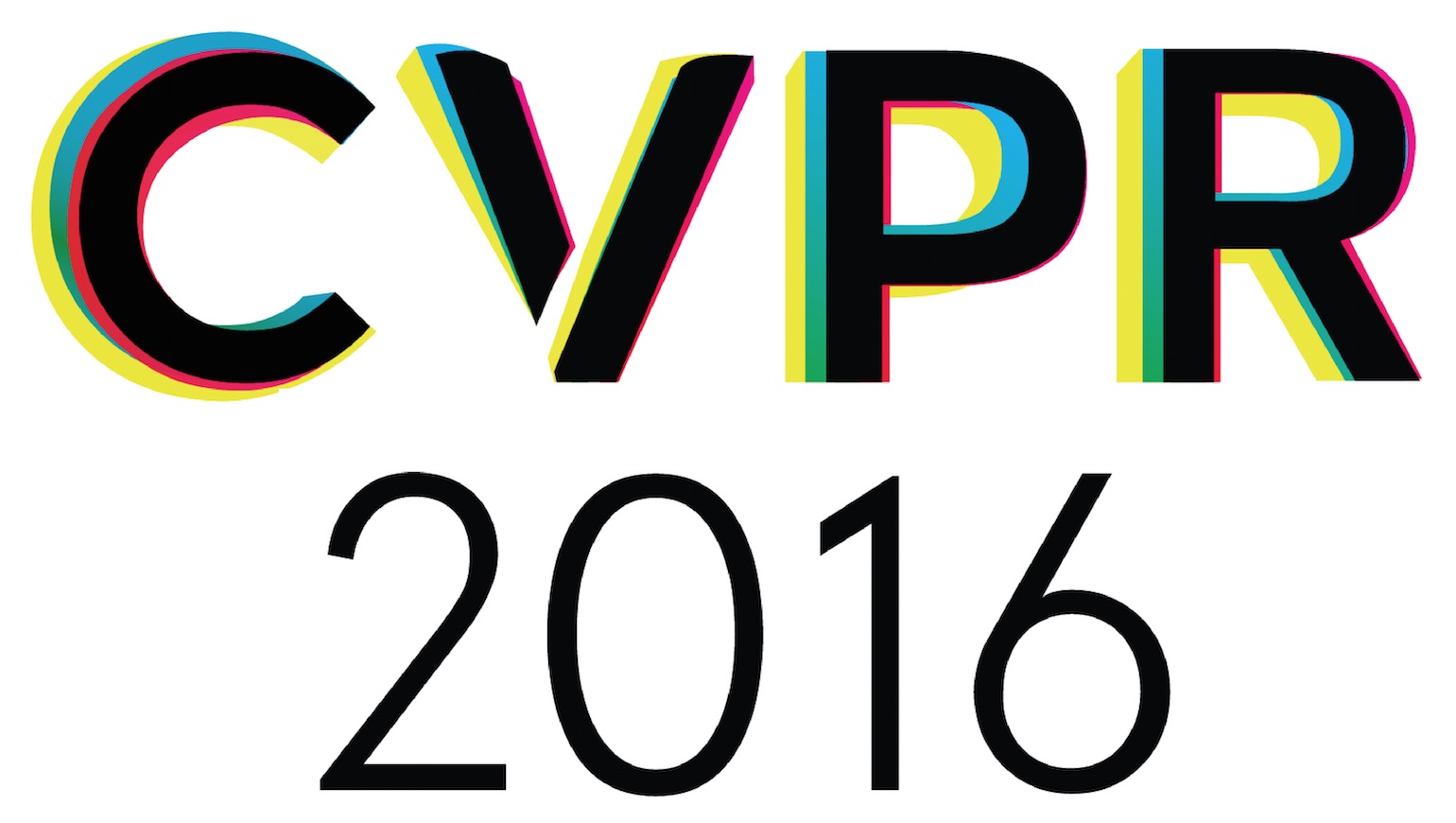-
Situation Recognition: Visual Semantic Role Labeling for Image Understanding
AbstractThis paper introduces situation recognition, the problem of producing a concise summary of the situation an image depicts including: (1) the main activity (e.g., clipping), (2) the participating actors, objects, substances, and locations (e.g., man, shears, sheep, wool, and field) and most importantly (3) the roles these participants play in the activity (e.g., the man is clipping, the shears are his tool, the wool is being clipped from the sheep, and the clipping is in a field). We use FrameNet, a verb and role lexicon developed by linguists, to define a large space of possible situations and collect a large-scale dataset containing over 500 activities, 1,700 roles, 11,000 objects, 125,000 images, and 200,000 unique situations. We also introduce structured prediction baselines and show that, in activity-centric images, situation-driven prediction of objects and activities outperforms independent object and activity recognition.
Related Material
[pdf] [video][bibtex]@InProceedings{Yatskar_2016_CVPR,
author = {Yatskar, Mark and Zettlemoyer, Luke and Farhadi, Ali},
title = {Situation Recognition: Visual Semantic Role Labeling for Image Understanding },
booktitle = {Proceedings of the IEEE Conference on Computer Vision and Pattern Recognition (CVPR)},
month = {June},
year = {2016}
}
These CVPR 2016 papers are the Open Access versions, provided by the Computer Vision Foundation.
Except for the watermark, they are identical to the accepted versions; the final published version of the proceedings is available on IEEE Xplore.
Except for the watermark, they are identical to the accepted versions; the final published version of the proceedings is available on IEEE Xplore.
This material is presented to ensure timely dissemination of scholarly and technical work.
Copyright and all rights therein are retained by authors or by other copyright holders.
All persons copying this information are expected to adhere to the terms and constraints invoked by each author's copyright.

